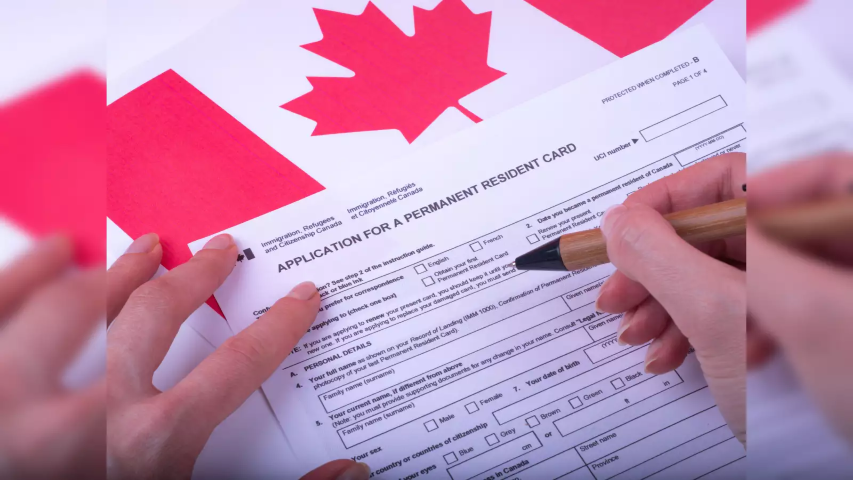

The number of individuals seeking immigration to Canada through provincial nomination programs is on the rise. However, there are unique responsibilities attached to immigrating through provincial programs compared to federal ones. This article will delve into the implications of receiving a provincial or territorial nomination and the obligations to settle in the nominating region.
Understanding Canadian Immigration Eligibility
Mobility Rights for Canadian Permanent Residents
According to Section 6 of the Canadian Charter of Rights and Freedoms, both permanent residents and citizens have the right to reside and work in any Canadian province. This means that individuals who attain permanent resident status, regardless of whether through federal or provincial immigration programs, have the freedom to relocate anywhere within Canada.
Applicants Chosen by Provinces or Territories
Paragraph 87(2)(b) of the Immigration and Refugee Protection Regulations (IRPR) stipulates that a foreign national is part of the provincial nomination class if they intend to live in the province or territory that nominated them. Provinces and territories aiming to attract newcomers under local immigration initiatives must create conducive conditions to entice and retain immigrants.
Applicants applying through provincial or territorial nomination programs must adhere to program criteria and maintain honesty throughout the application process. It is essential that the intention to settle in the nominated province or territory is evident upon arrival. Applicants must genuinely aim to reside in the selected province stated in their permanent residence application and demonstrate sincere efforts to settle there before considering relocation to another Canadian province or territory.
Such efforts should be documented to address any potential inquiries later on. For example, these efforts may prove significant when applicants seek Canadian citizenship as permanent residents.
Applicants Selected by the Federal Government
In contrast, federal immigration applicants who do not receive provincial nominations are not obligated to commit to a specific province or territory. This grants permanent residents immigrating to Canada through federal programs the flexibility to settle in any Canadian province or territory upon arrival.
Demonstrating Residency Intent
For instance, the Government of Ontario outlines that the intent to reside in the province can be substantiated through various documents, including records of current or past employment, job offers or applications, educational background, volunteer work, lease agreements or property ownership, professional affiliations, family ties, social connections, personal relationships, and previous visits.
Consequences of Misrepresenting Residency Intent
If an applicant no longer harbors the intention to reside in the nominating province or territory before or upon arriving in Canada, they may face repercussions for non-compliance. Failure to demonstrate genuine intent may lead to allegations of misrepresentation and could result in the loss of permanent resident status.
Individuals nominated by a province or territory, or those seeking further information about program requirements, are encouraged to seek guidance from authorized immigration lawyers.
Having an 'Identity Verified' badge or being 'Identity Verified' simply indicates that an individual has submitted information to complete our identity verification process or we have conducted internal verification using various authorized websites. While this process includes safeguards, it does not guarantee that the person is who they claim to be.
If you encounter any issues with this profile, please report them here. While all consultants who are verified have RCIC ID, we may not have the latest data in terms of their renewal/cancellation/discontinuation of their RCIC ID.
The "Verified Consultants" profiles are created using publicly available information, including data from the IRCC website, official consultant sites, other listing platforms, and social media. Immiperts.com is an independent platform, not affiliated with IRCC or any registered immigration consultants. To update, claim, or remove your profile, please contact us at [email protected].
╳